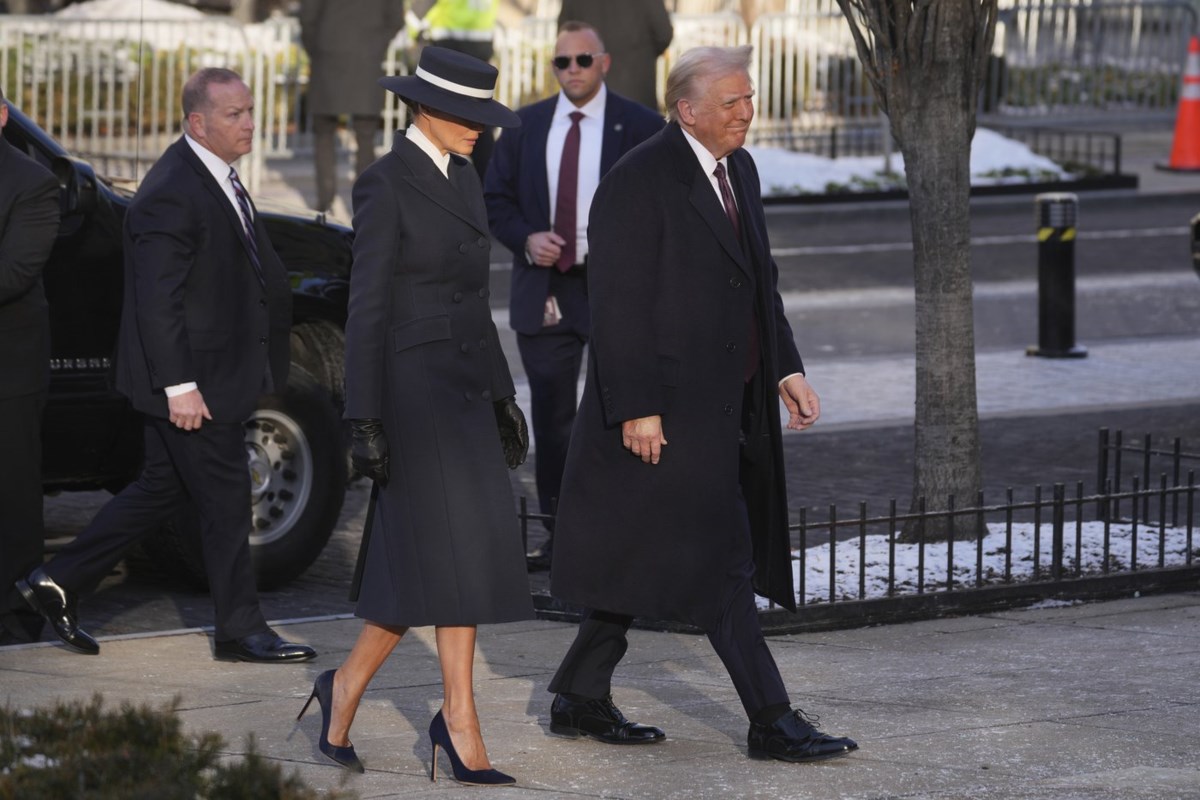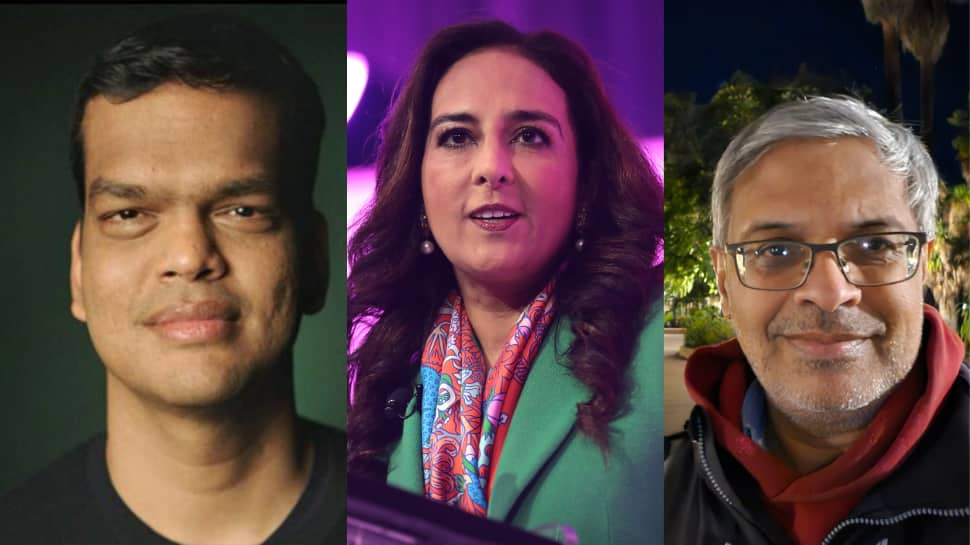US tech moguls slam EU digital rulebook – Euractiv

PARIS – X owner Elon Musk and Meta boss Mark Zuckerberg repeatedly intervened in European politics last week, overshadowing timid calls from EU politicians that US tech giants must comply with the EU’s digital rules.
Recent developments include Zuckerberg branding the EU’s digital regulatory framework as “censorship” and comparing competition policy to “almost like a tariff”. He also called on the incoming Trump administration to defend the US tech industry against the enforcement of the EU’s digital regulatory framework during a podcast interview with Trump supporter Joe Rogan on Saturday.
However, the reactions of EU leaders over the weekend remained lukewarm.
German Digital Minister Volker Wissing and French Digital Minister Clara Chappaz said their governments were taking the issue “seriously” and expressed confidence in the EU Commission to thoroughly investigate, assess and enforce EU’s content moderation law, the Digital Services Act (DSA).
Chappaz said on Sunday that EU laws are robust, and Europeans can trust that the Commission now possesses the tools to counteract US Big Tech effectively.
In response to Euractiv’s request for comment, the team of European Commission Executive Vice President (EVP) Henna Virkkunen, the EU’s lead DSA enforcer, referred to a post on X that did not directly address Zuckerberg’s claims. In an interview with Politico, Virkkunen also dismissed the Meta CEO’s censorship claims as “misleading.”
However, Zuckerberg’s appeal to the incoming US administration to protect Big Tech from the EU’s digital rulebook and Trump’s threat to impose tariffs of up to 20% on EU goods raises serious doubts about the Commission’s political ability to enforce EU laws effectively.
Caught in a power vacuum amid political instability in France and Germany – with the French government facing a possible collapse due to a looming no-confidence vote and Germany preparing for general elections in February – the Commission finds itself in a precarious position.
With European Commission President Ursula von der Leyen sidelined all week by a severe case of pneumonia, the institution appears to be biding its time as it weighs possible legal action against US Big Tech. With Trump’s inauguration just seven days away, timing is critical.
Previous announcements
EVP Virkkunen has indicated that her team responsible for enforcing the DSA could launch further investigations into breaches of the EU’s content moderation rules if recent actions by US tech moguls such as Zuckerberg and Musk are deemed to be in breach.
Zuckerberg unveiled updates to Meta’s content moderation policies on 7 January that have sparked controversy, particularly over a new feature that could potentially label members of the LGBTQIA+ community as mentally ill.
In response, the Commission is currently reviewing impact assessments submitted by Meta for Facebook and Instagram, which focus on changes to the platforms’ definitions of hate speech and hateful conduct.
Meta’s decision to end its third-party fact-checking programme in the US has also raised concerns, especially as the company has yet to make similar announcements for the EU.
However, in an interview with France Info on Friday, France’s Chappaz expressed confidence that Meta would comply with EU content moderation rules under the DSA.
The Commission opened a formal investigation into Meta’s Facebook and Instagram platforms in May over concerns about the protection of minors.
Meanwhile, Musk has repeatedly used his social media platform X to encourage Germans to support the far-right AfD in the upcoming elections.
He interviewed AfD candidate Alice Weidel on X last Thursday, further fueling the controversy.
The Commission is currently investigating six identified breaches of the DSA by X, including violations related to verification requirements, data access for researchers, advertising transparency, hate speech policies, moderation of violent content, and the platform’s user-led fact-checking process.
Under the DSA, each violation can result in fines of up to 6% of a company’s annual global turnover.
Jasper Steinlein contributed to the reporting.
(Théophane Hartmann | Euractiv.fr)
Related
China surpasses US in top scientists, tech experts – VnExpress…
The report released on Jan. 11 said there is a sharp decline in the number of world-leading American scientists from 36,599 in 2020 to 31,781 in 2024, reducing
Elon Musk complains about China ban on X as Donald…
Unlock the White House Watch newsletter for freeYour guide to what the 2024 US election means for Washington and the worldElon Musk has objected to a lack of re
Nvidia CEO Huang thanks China staff for loyalty amid US…
Nvidia CEO Jensen Huang made a low-key visit to China, as he conveyed the company’s commitment to one of its largest markets amid heightened US export restric








)
